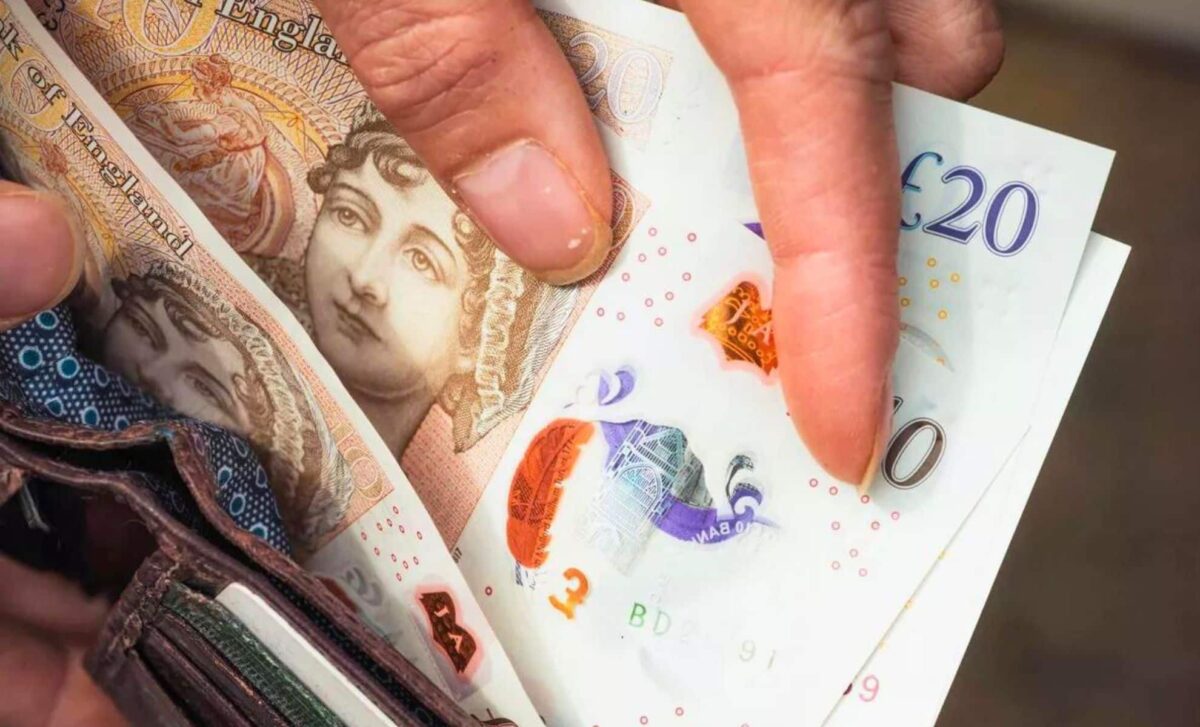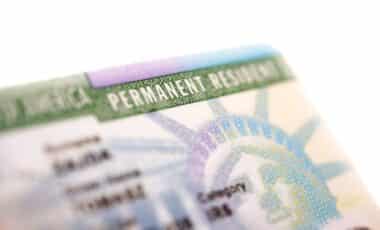According to the most recent estimates, everyone receiving the State Pension will get an additional £605 each year through the Triple Lock scheme.
State Pension Set for £605 Boost as Triple Lock Ensures Tax Relief for Retirees
The DWP is required by law to increase the amount paid to persons receiving the state pension each year under the ‘Triple Lock’ scheme.
This states that everyone who is qualified for the Department of Work and Pensions‘ handout must receive an annual rise equal to inflation, wage growth, or 2.5%, whichever is higher.
And the most recent Consumer Price Index numbers, which are used to calculate the ‘inflation’ component of the Triple Lock, indicate that it may be a welcome 5.7% gain for retirees each month.
It translates to: Full New State Pension – £233.80 per week, £935.20 each four-week pay period, £12,157.60 throughout the fiscal year 2025/26, an increase of around £605 per year.
Full Basic State Pension – £178.40 per week, £713.60 every four-week pay period, and £9,276.80 for the fiscal year 2025/26, a rise of approximately £121.92 per year.
Most importantly, the sums ensure that seniors will not have to pay tax (if they have no other income) because they fall below the £12,570 per year income tax level, therefore a ‘Triple Lock Plus‘ will not be required just yet, regardless of who wins the election.
Expert Analysis on State Pension Trends
Amidst ongoing discussions surrounding the State Pension, Steven Cameron, Pensions Director at Aegon, offers insights into the complexities of its annual increase and the potential ramifications for retirees and future sustainability, saying: “For the April 2024 increase, earnings growth in 2023 produced an inflation-busting 8.5 per cent increase. In April 2023, a spike in inflation the previous year led to a record-breaking 10.1 per cent boost to the State Pension. These increases and the underlying high volatility that was present in both price inflation and earnings growth, have since raised serious questions over longer term affordability of the State Pension, which is paid for by today’s workers through National Insurance Contributions.
“With inflation having now fallen below the 2.5 per cent underpin, it’s likely to be earnings growth that determines next year’s Triple Lock increase, as the latest figures have this sitting at 5.7 per cent (for January to March 2024).
“The specific figure used for determining the Triple Lock will be the year-on-year increase in earnings for the period ending May to July 2024, which will be published in September. Barring a significant drop in earnings growth over the next few months, this figure will likely determine next year’s Triple Lock.”









